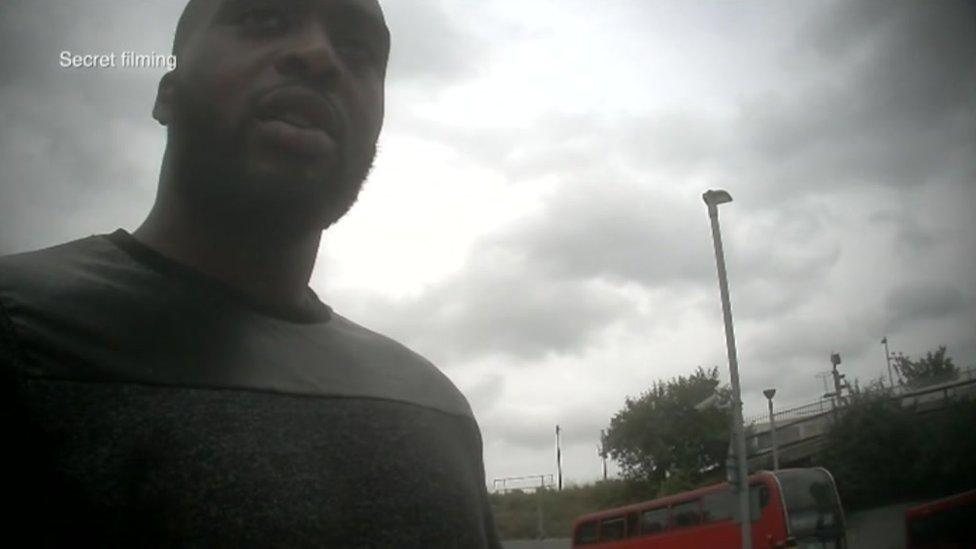Card surcharges: Customers charged hundreds illegally
- Published
Card surcharges: Customers charged hundreds illegally
Customers are paying hundreds of pounds as retailers are illegally charging for card payments, a BBC investigation has found.
Credit and debit card surcharges were banned in January 2018, but retailers, letting agents and even a university have been found breaking the rules.
The legislation means customers cannot be charged more for paying by card.
Matt Dickinson, from the Federation of Small Businesses, said for many it could simply be an "honest mistake".
In some cases, the surcharge may be as little as 50p but when companies charge a percentage for using a card machine, the price can soar.
The BBC discovered a total of nine businesses across England, from a Chinese takeaway in Exeter to a beer delivery service in Blackpool, charging customers extra to pay using a credit card.
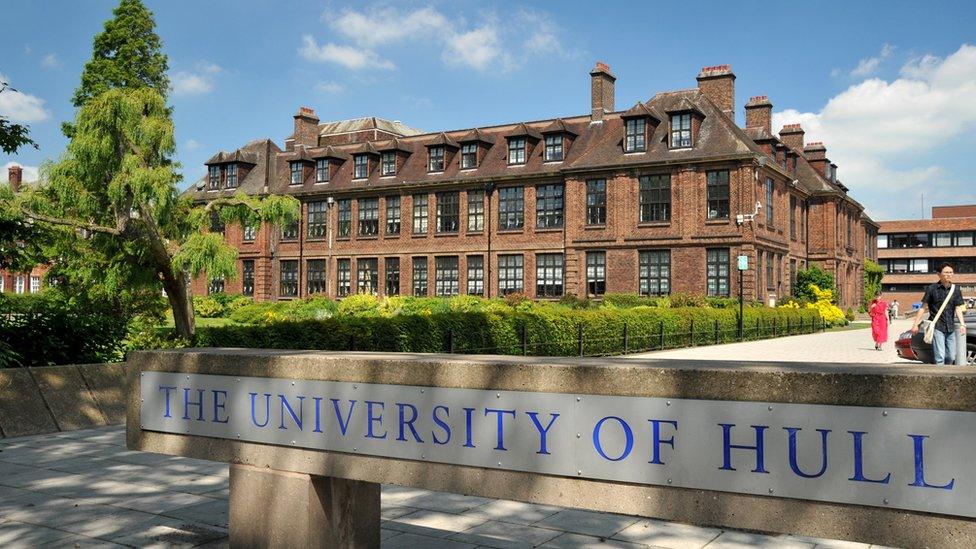
The University of Hull offered a discount for students who did not pay their fees using a credit card
The University of Hull was found to be offering a 2% discount for students choosing to pay their fees by means other than a credit card, which Sylvia Rook from the Chartered Trading Standards Institute said was "no different" to a card surcharge.
This meant students who paid this year's annual tuition fees using credit or debit cards were charged over £170 more than everyone else.
The university said it was a "genuine mistake" and it had refunded affected students after the BBC informed it the charges were illegal.
Rebecca Mansoor from Whitby, North Yorkshire, said she was told by Nissan Finance she would have to pay a £375 surcharge for paying off her car using her credit card in December 2018.
"I knew something was wrong in the back of my mind, but it's a big company so you would think they know the law," she said.
Mrs Mansoor decided to pay using bank transfer to avoid the charge, something she describes as "frustrating" as she wanted the protection of using her credit card and the option to pay off the credit loan more slowly.

Rebecca Mansoor was told she would be charged an extra £375 if she paid off her car using a credit card
Ms Rook said some companies suggest that using credit cards "may attract" a surcharge - which technically would be payable if business rather than personal credit card was used - to deter customers paying by card.
Mrs Mansoor said she was clearly told she would incur the surcharge over the phone, something reiterated on the Nissan finance website which says payment by credit card "will attract an additional charge of 2.5% of the amount paid".
Nissan said its website had now been updated and added there was no surcharge.
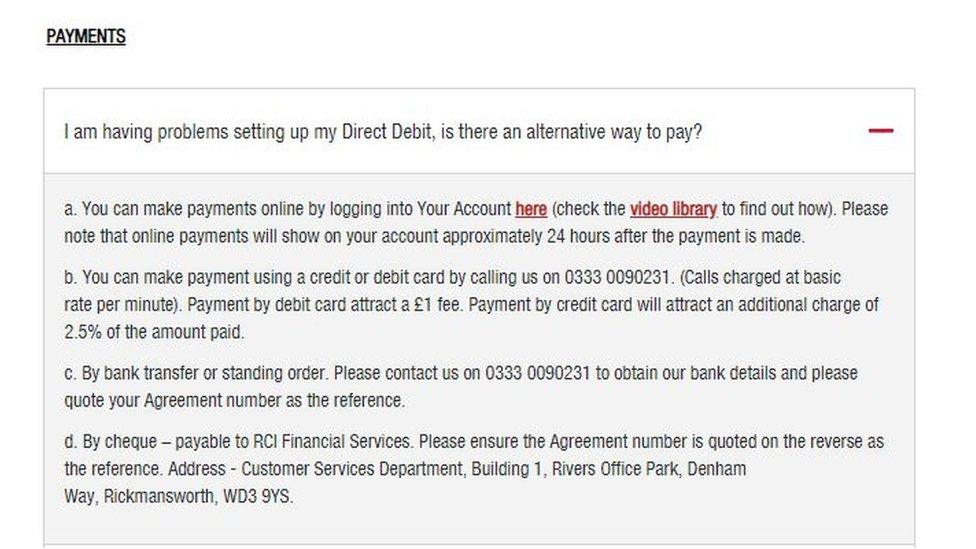
Nissan Finance says on its website that paying by credit card will incur an additional charge of 2.5%
In Birmingham a car dealer insisted on a 3% card surcharge that, in a transaction discussed with an Inside Out reporter posing as a customer planning to buy a car for £4,795, meant an extra cost of £143.85. The car was not purchased.
During secret filming, the second hand trader at Rose Motors said the charge was due to "the machine we use".
Ms Rook said anyone who had incurred a card surcharge was entitled to return to the retailer and get their money back.
When asked for a response, the company's director said it did not know the rules had changed and would stop adding the surcharge.
Ms Rook said it is "very hard to determine the scale" of the problem, which she said is "usually down to ignorance", as Trading Standards are not often notified of the charges.
"People need to complain, go and get their money back and notify Trading Standards," she said.

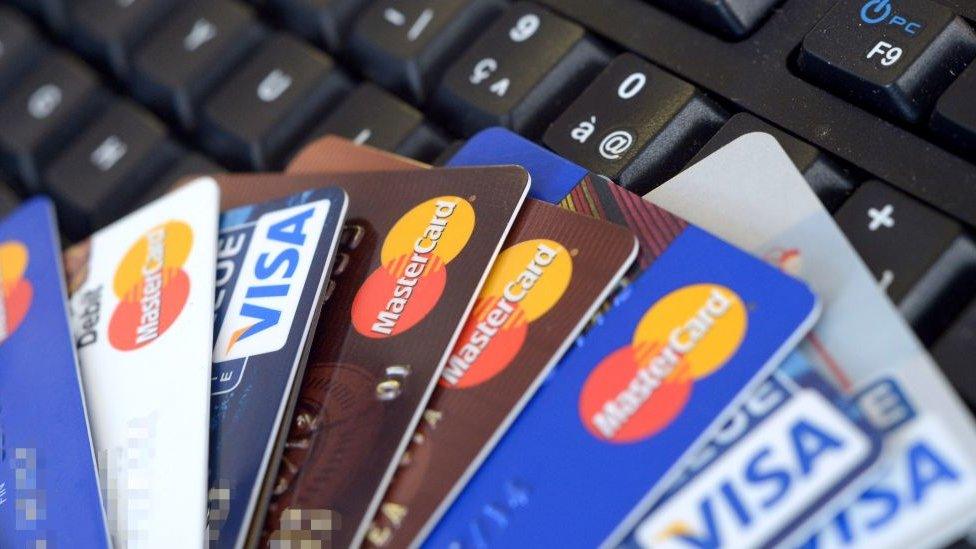
Card surcharges were banned in January 2018
What are the rules?
Card surcharges were banned following a directive from the European Union, which banned such fees on Visa and Mastercard payments.
But the UK government went further and also banned American Express and PayPal charges.
Trading standards officers are supposed to police the system. But due to financial cuts and pressure on services the organisation said enforcement of rules on surcharges was "unlikely to be a priority" when the laws came in last year.
In 2010, consumers spent £473m on such charges, according to estimates by the Treasury.

Despite the surcharge ban being in place for a year, Mr Dickinson said it was understandable some small businesses "aren't fully across the details".
"There's a lot of different rules in there that haven't been particularly well explained," he said.
The sentiment was echoed by David Cox, from the Association of Retail Letting Agents, after estate agents across the country were also found charging more for card payments.
"Every few months there are new laws coming out," he said. "Agents are missing some."
Agents in Newcastle-upon-Tyne, London and Southend-on-Sea told an undercover reporter during secret filming that they added a surcharge on rental payments of between 2-3% for customers paying by credit card. All of the agents the BBC visited have now updated their policies.
Ms Rook said there had been "a lot of confusion" but "there are no exemptions" to the surcharge ban for personal credit and debit cards. Surcharges are still allowed on the use of corporate credit cards.
You can see this story in full on BBC Inside Out at 19:30 GMT on BBC One on Monday 21 January in most English regions except South and East Midlands, or via iPlayer for 30 days afterwards.
- Published10 January 2018
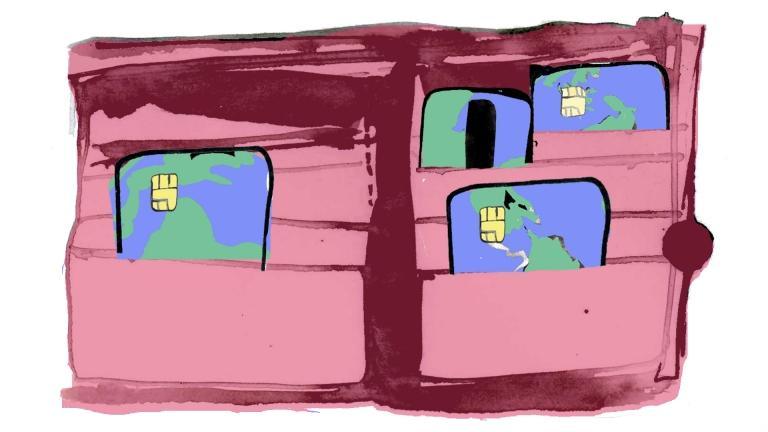
- Published10 September 2018
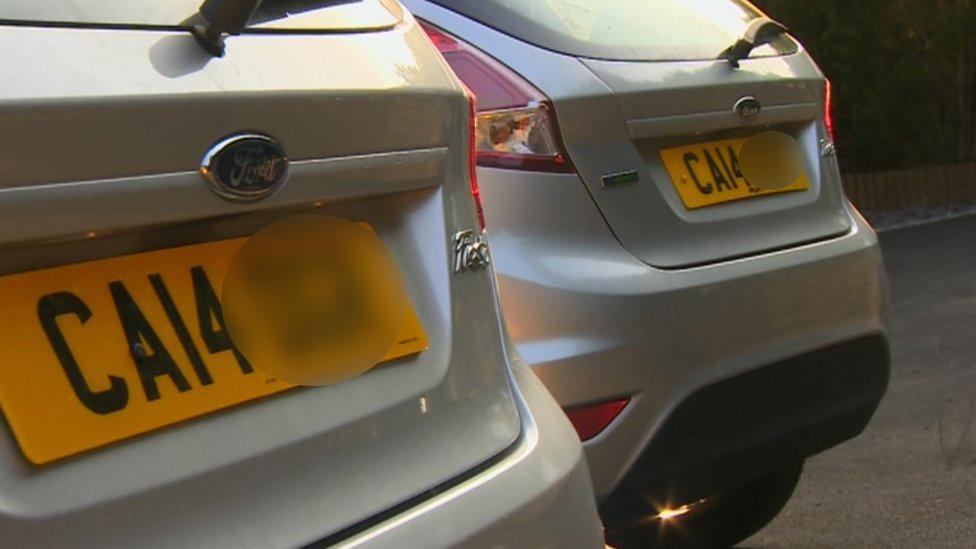
- Published4 September 2017
